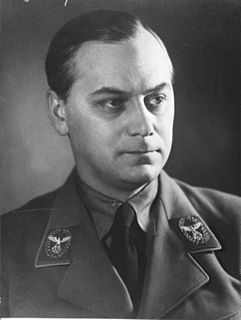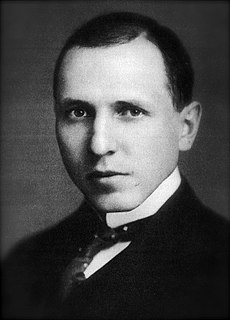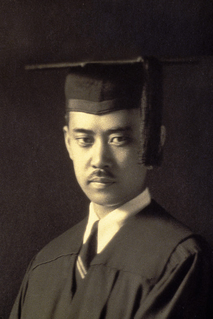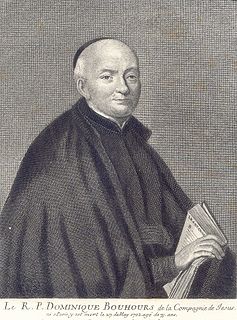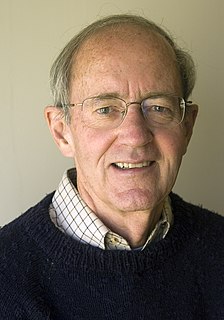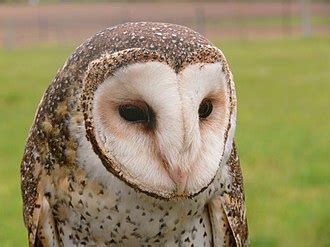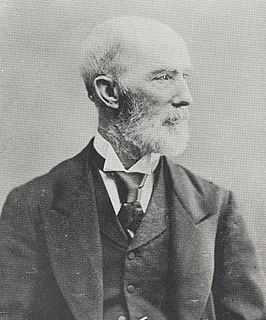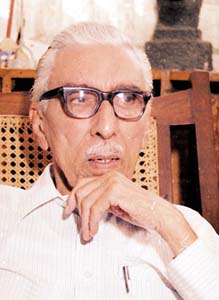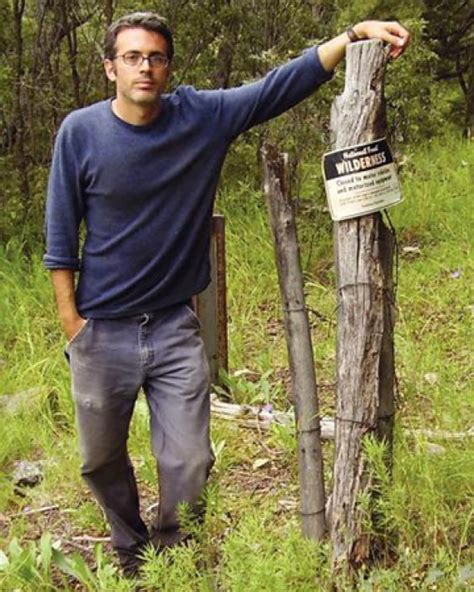A Quote by Edwin Percy Whipple
Grit is the grain of character. It may generally be described as heroism materialized,--spirit and will thrust into heart, brain, and backbone, so as to form part of the physical substance of the man.
Related Quotes
Power invariably elects to go into the hands of the strong. That strength may be physical or of the heart or, if we do not fight shy of the word, of the spirit. Strength of the heart connotes soul-force. Let it be remembered that physical force is transitory, even as the body is transitory. But the power of spirit is permanent even as the spirit is everlasting.
What one thinks continually, they become; what one cherishes in their heart and mind they make a part of the pulsation of their heart, through their own blood cells, and build in their own physical, that which its spirit and soul must feed upon, and that with which it will be possessed, when it passes into the realm for which the other experiences of what it has gained here in the physical plane, must be used.
On the other hand, heroism is basic to the character of the Nordic peoples. This heroism of the ancient mythic period and this is what is decisive has never been lost, despite times of decline, so long as the Nordic blood was still alive. Heroism, in fact, took many forms, from the warrior nobility of Siegfried or Hercules to the intellectual nobility of Copernicus and Leonardo , the religious nobility of Eckehart and Lagarde, or the political nobility of Frederick the Great and Bismarck , and its substance has remained the same.
Books, books, books in all their aspects, in form and spirit, their physical selves and what reading releases from their hieroglyphic pages, in their sight and smell, in their touch and feel to the questing hand, and in the intellectual music which they sing to the thoughtful brain and loving heart, books are to me the best of all symbols, the realest of all reality.
The Western world generally has lost the concept of man as a creature made to the image and likeness of God, and reduced him either to a component part of the universe, to an economic animal or to a "physiological bag filled with psychological libido." Once man became materialized and atomized in Western thinking, it was only natural for a totalitarianism to arise to gather up the fragments into a new totality and substitute the collective man for the individual man who was isolated from all social responsibilities.
There must be a union between the spirit in wood and the spirit in man. The grain of the wood must relate closely to its function. The abutment of the edge of one board to an adjoining board can mean the success or failure of a piece. () Gradually a form evolves, much as nature produces the tree in the first place. The object created can live forever. The tree lives on in its new form. The object cannot follow a transitory “style”, here for a moment, discarded the next. Its appeal must be universal. Cordial and receptive, it should invite a meeting with man
The spirit is the master; imagination the tool, and the body the plastic material ...The power of the imagination is a great factor in medicine. It may produce diseases in man and in animals, and it may cure them ..Ills of the body may be cured by physical remedies or by the power of the spirit acting through the soul.
Superstition, in all times and among all nations, is the fear of a spirit whose passions are those of a man, whose acts are the acts of a man; who is present in some places, not in others; who makes no places holy and not others; who is kind to one person, unkind to another; who is pleased or angry according to the degree of attention you pay him, or praise you refuse to him; who is hostile generally to human pleasure, but may be bribed by sacrifice of a part of that pleasure into permitting the rest. This, whatever form of faith it colors, is the essence of superstition.





